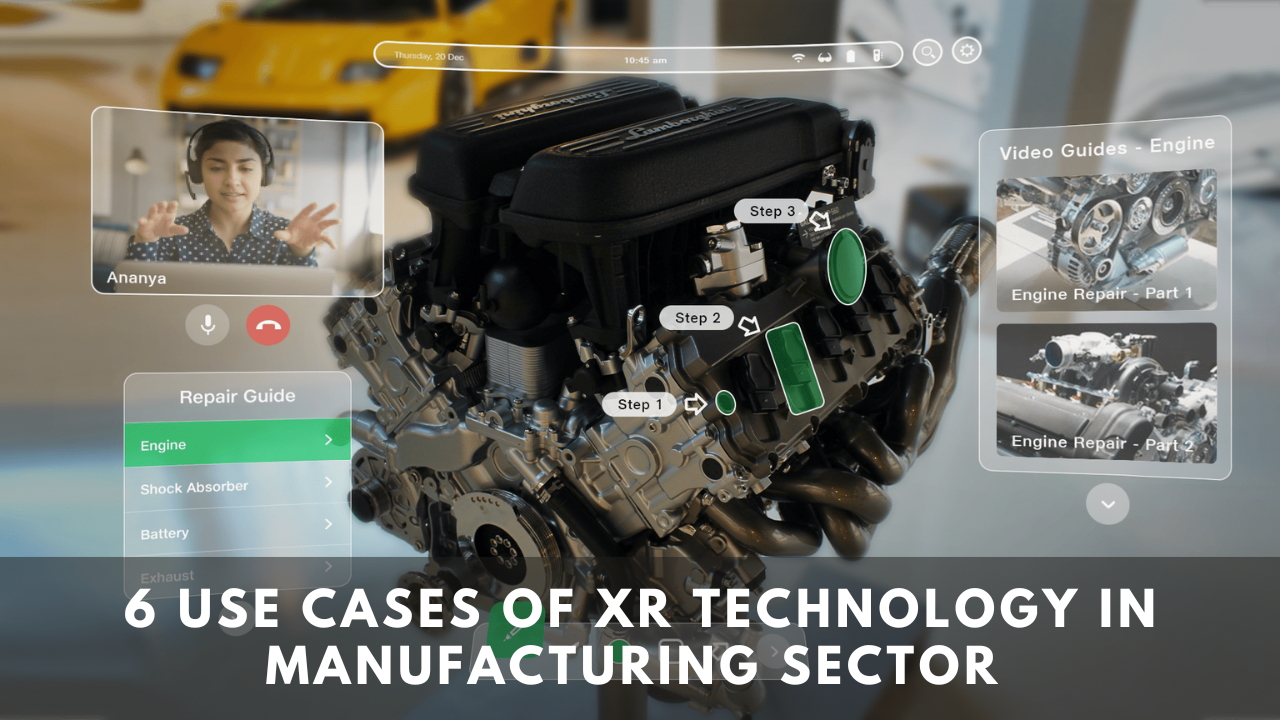When it comes to diesel engine emission repairs, following these top 6 tips can help ensure effective and efficient maintenance. Properly maintaining and servicing diesel engines is crucial to reducing harmful emissions and ensuring compliance with environmental regulations.
By using the right fuel, keeping up with regular maintenance, and addressing any issues promptly, you can minimize emissions and promote optimal engine performance. With a focus on proactive monitoring and implementing effective repair strategies, you can keep your diesel engine running smoothly and with minimal environmental impact.
Diesel engine emission repairs play a critical role in reducing pollution and ensuring regulatory compliance, so it’s important to prioritize them as part of your maintenance routine.
Understanding Diesel Engine Emissions
Common Emission Problems In Diesel Engines
Diesel engines commonly encounter emission problems such as excessive smoke, fuel inefficiency, excess nitrogen oxides, and particulate matter. These issues can have a detrimental impact on overall engine performance and environmental health.
Impact Of Emissions On The Environment
Diesel engine emissions have a significant impact on the environment, contributing to air pollution and climate change. The release of harmful pollutants such as nitrogen oxides and particulate matter can lead to respiratory diseases and ecological imbalance.
Importance Of Diesel Engine Emission Repairs
Introductory paragraph about the Importance of Diesel Engine Emission RepairsDiesel engine emission repairs play a crucial role in maintaining compliance with environmental regulations and ensuring the long-term performance of diesel engines. By effectively managing emissions, businesses can minimize their environmental impact while also preserving the efficiency and longevity of their diesel-powered machinery. To achieve these goals, there are several essential tips and best practices to consider when it comes to diesel engine emission repairs.
H3 heading: Ensuring compliance with emission regulationsEnsuring Compliance With Emission Regulations
The adherence to emission regulations is vital to avoid legal and financial repercussions, making it essential for companies to prioritize the maintenance and repair of their diesel engine emissions components. Non-compliance can lead to costly fines and tarnish a company’s reputation in terms of environmental responsibility. By proactively addressing emission repairs, businesses can demonstrate their commitment to environmental stewardship and regulatory compliance.
H3 heading: Preserving the longevity of diesel enginesPreserving The Longevity Of Diesel Engines
Proper emission repairs are essential for preserving the longevity of diesel engines. By addressing emission issues promptly, companies can prevent more significant and costly engine damage, ensuring that their diesel engines continue to operate efficiently for an extended lifespan. Regular maintenance and timely repairs not only enhance the overall performance of diesel engines but also contribute to cost savings and operational reliability.
Top 6 Tips For Diesel Engine Emission Repairs
Regular maintenance and servicing, using high-quality fuel and additives, replacing faulty components, optimizing engine performance, and investing in emission control devices are crucial steps for efficient diesel engine emission repairs. By following these top 6 tips, you can ensure that your diesel engine runs smoothly while reducing harmful emissions. Let’s dive into each tip to grasp a better understanding.
Regular Maintenance And Servicing
Regular maintenance and servicing are the cornerstone of keeping your diesel engine’s emission levels in check. Routine inspections and oil changes can prevent excessive emissions caused by clogged filters, worn-out belts, or faulty sensors. Additionally, timely servicing guarantees that your engine is running optimally, minimizing its impact on the environment.
Using High-quality Fuel And Additives
The quality of fuel you choose plays a vital role in diesel emission repairs. Opt for high-quality fuel that meets the recommended standards for your engine. Adulterated or low-grade fuel can result in incomplete combustion, leading to higher emission levels. Similarly, using suitable fuel additives can improve combustion efficiency, reducing harmful emissions.
Replacing Faulty Components
Faulty components such as malfunctioning sensors, worn-out injectors, or damaged exhaust systems contribute to increased emissions. Regularly inspect all engine components and promptly replace any faulty parts. This not only improves your diesel engine’s performance but also helps to minimize its environmental impact.
Optimizing Engine Performance
Optimizing engine performance can significantly reduce emissions. Ensure that your diesel engine’s ignition timing, fuel-air ratio, and compression levels are properly calibrated. Regularly check and adjust these settings as needed to maintain optimal performance and minimize emissions.
Investing In Emission Control Devices
Investing in emission control devices is an effective way to reduce diesel engine emissions. Devices such as diesel particulate filters (DPF), exhaust gas recirculation (EGR) systems, and selective catalytic reduction (SCR) systems are designed to trap and convert harmful pollutants. By installing these devices, you can significantly reduce your engine’s emissions while complying with environmental regulations.
Now that you have a better understanding of the top 6 tips for diesel engine emission repairs, it’s time to implement them and ensure your diesel engine is running efficiently and eco-friendly!

Credit: www.ebay.com
Choosing The Right Repair Service
When it comes to diesel engine emission repairs, selecting the right repair service is crucial for ensuring optimal performance and compliance with emission standards. Here are essential tips for choosing the right repair service:
Researching And Comparing Repair Service Providers
Begin by researching various repair service providers in your area to compare their services and reputation.
- Check online reviews and ratings to gauge customer satisfaction.
- Seek recommendations from other diesel vehicle owners for trusted repair services.
Checking For Certifications And Experience
Verify that the repair service provider holds relevant certifications and has ample experience in diesel engine emission repairs.
- Look for certifications from recognized organizations such as the National Institute for Automotive Service Excellence (ASE).
- Ensure the technicians have specific training and expertise in diesel engine emission systems.
Future Trends In Diesel Engine Emission Repairs
In the ever-evolving field of diesel engine emission repairs, staying abreast of future trends is imperative for businesses and technicians alike. Let’s delve into the latest advancements shaping the landscape of diesel engine emission repairs.
Advancements In Emission Control Technology
Modern diesel engines are witnessing groundbreaking advancements in emission control technology, such as the integration of sophisticated exhaust after-treatment systems.
Emerging Regulations And Compliance Standards
Emerging regulations and stringent compliance standards are steering the focus towards cleaner diesel engines, paving the way for innovative repair solutions.
Credit: www.dieseldoctor.ca

Credit: www.linkedin.com
Frequently Asked Questions For Top 6 Tips For Diesel Engine Emission Repairs
What Extra Maintenance Does A Diesel Truck Need?
Diesel trucks require extra maintenance such as regular fuel filter changes, engine oil and air filter replacements, and frequent fuel system inspections. Additionally, it is important to monitor coolant levels, check for any leaks, and maintain proper tire pressure for optimal performance.
How Can I Increase The Longevity Of My Diesel Engine?
To increase the longevity of your diesel engine, maintain regular oil changes and use high-quality fuel. Keep up with scheduled maintenance and inspections. Avoid overloading the engine and make sure it runs at proper operating temperatures. Use a high-quality air filter and keep the cooling system in good condition.
What Is The Best Way To Maintain A Diesel Engine?
The best way to maintain a diesel engine is to regularly change the oil and filters, use high-quality fuel, check for leaks, and follow the manufacturer’s maintenance schedule. Additionally, be sure to inspect the cooling system and keep the engine clean to prevent buildup.
How Do You Keep A Diesel Engine Clean?
To keep a diesel engine clean: 1. Use high-quality fuel and additives regularly. 2. Change the engine oil regularly and use quality filters. 3. Keep the air filter clean to prevent dust and debris from entering. 4. Regularly clean and maintain the fuel injectors.
5. Follow recommended maintenance schedules by the manufacturer.
Conclusion
In a nutshell, implementing these top 6 tips for diesel engine emission repairs will not only ensure compliance with environmental regulations but also improve the performance and longevity of your vehicle. By regularly maintaining your engine, using high-quality fuel and additives, and addressing any faulty components promptly, you can reduce harmful emissions and contribute to a cleaner and healthier environment.
So, take charge of your diesel engine today and embrace a more sustainable future on the road.
